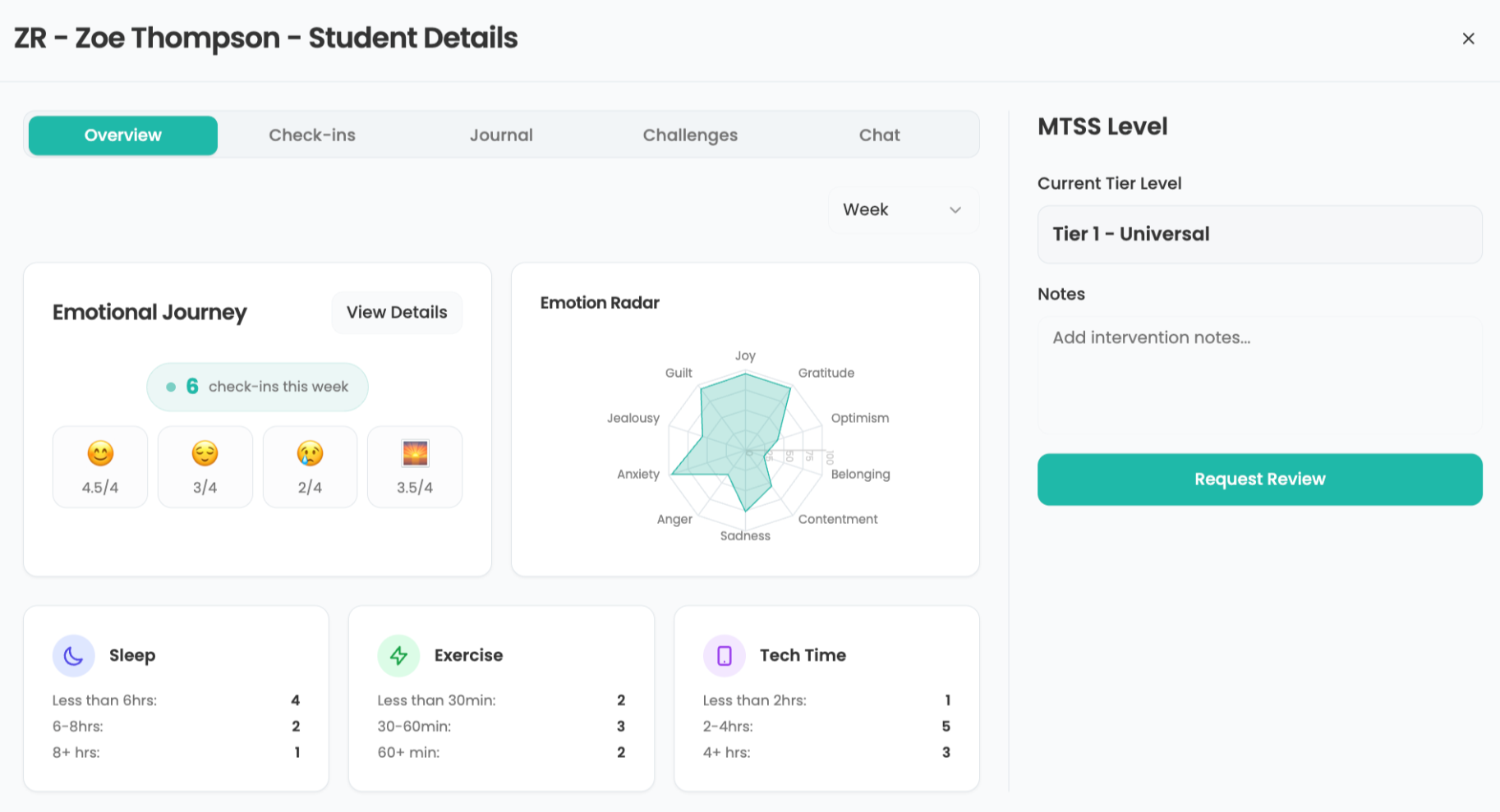#DeviceFreeDinner Ideas to Grow Learning + Strengthen Relationships

The research is clear. Time together around the dinner table has beneficial results including improving quality of daily life, your children's chances of success in the world, and your family's health according to the Family Youth and Community Sciences Department at the University of Florida. In fact, your child may be 35% less likely to engage in disordered eating, 24% more likely to eat healthier foods and 12% less likely to be overweight Hammons & Fiese, 2011. A study done by The National Center on Addiction and Substance Abuse revealed that teens who eat fewer than three family dinners per week compared to those who eat five to seven a week are twice as likely to use alcohol and tobacco and one and a half times more likely to use marijuana.
This isn’t just for people with traditional careers and family lives. It applies to all families regardless of how busy your schedule or important your job, In her book “The Obamas,” author Jodi Kanter highlights the President’s commitment to having dinner with his family five times a week. Unfortunately in the hustle and bustle of today's digital world, the art of the family dinner has been drained out of many homes with device interaction replacing face-to-face connection. During a panel discussion hosted by Common Sense Media that focused on raising caring kids in a digital world, Howard Gardner of the Harvard Graduate School of Education shared that many families are not even sure what to do at dinner time if all are free of digital devices.
If this applies to your family, don’t despair. Below are ideas for dinner time activities for each day of the week. These suggestions should serve as a helpful way to ensure dinner time is a valuable experience for families.

Editor’s tip
What if your family really truly can’t do dinner together? Are you doomed to disconnected, unhealthy lives? Of course not. In the end what is important is that the family has set activities/rituals each week that they do together face-to-face (even if that means video conferencing with Skype or Google Hangout) and distraction free. For your family this may actually mean breakfast, lunch, a before bedtime ritual or perhaps a sport or arts activity the family does together.
Mull it over Monday
Perhaps your family gets the paper each day, listens to NPR, watches a news program, or has a pop culture fascination. Use “Mull it over Monday” dinners to discuss that. Not only will this help you get to know your child better, but it will also help your child develop critical conversational skills including how to support their reaction with evidence, coming up with powerful questions, doing additional research, etc.
Tools and ideas to transform education. Sign up below.
Toot your horn Tuesday
Too many children graduate without a clear idea, path or direction around what they really want to do with their lives. One of the best ways to help your child be successful is to talk about it. How does your child define real-world success beyond school? What are her plans and actions to achieve such success? Share with your children what it means to you to be successful, and how you work to reach your goals. On “Toot your own horn Tuesdays,” give them the same opportunity to share what they have done lately to enable themselves to be successful.
Whadya do in school Wednesday
"Nothing." That is the all-too-familiar response to the tired question, "What did you do at school today?" Spice it up! Instead ask: What did you make today? Who are you working with? What did you share with the world? These type of questions will not only help your child think about learning in a meaningful and relevant way, it will help parents to be in touch with the presence or absence of this in the classroom with the end result being a parent's ability to have richer conversations with educators about their child's learning.
(One mom describes a game with her daughter in which every second of every day is accounted for. It’s called “Tell Me Your Day,” and the goal is to make the telling last as long as possible. Many details that the child might think are not relevant but are critical to a parent’s need to know details can be revealed in this game.)
Thoughtful Thursday
Taking time to discuss stories of themselves or others who did something to make the world a little better, not only elevates the importance of moral responsibility, but also establishes this as an important family value in a world often to obsessed with competition and personal happiness. Help your child think beyond what makes him happy and celebrate acts of kindness.
Financial Fridays
In their most recent report the Jump$tart Coalition for Personal Financial Literacy revealed that 12th graders averaged 48% on a financial literacy test. That’s not a surprise considering the latest findings from the MFS® Investing Sentiment Insights survey which indicates 70% of parents don’t include their children in finance discussions, even as adults! Help your child become aware of finances by discussing them openly and even asking them for input on financial choices your family is making. Discuss what they've been doing to save money and plans to meet financial goals. For ideas to get started visit The Mint. It is a website that provides tools to help adults teach children to manage money wisely and develop good financial habits.
What’s your sentence Saturday
In his book “Drive,” Daniel Pink challenges us to distill our life — what it’s about, why you’re here — into a single sentence. If you could write a headline about yourself, what would it be? “What do you stand for?” “Who do you want to be known as?” This is a great conversation to have with your children both as it relates to their face-to-face encounters as well as what they do online. Asking your child what they have accomplished to develop their identity will not only help you get to know your children better, but it will also give you an opportunity to discuss with them ways they can be the person they want to be. For inspiration you can see what other people from around the world said by watching this video.
Sunday: Game night
Games are a terrific way to end a week and set the tone for the week ahead. So, what games make sense for the dinner table? The same games that work well in a car. Think 20 questions, two truths and a lie, bizz buzz, create a story or poem with each person building on the sentence or verse of the one prior, or just Google “games to play in a car.” Another idea is this. Rather than have the meal at the table, make lots of finger food, appetizers, and/or a monkey platter and play your favorite board games spread out picnic style.
Think about it. Is your family coming together a few times a week to spend meaningful time with one another? Do you have rituals your children will fondly remember? If so, great. But if there could be a few more, these daily suggestions are a great way to launch the conversation.
Common Sense Media invites you to take the Device Free Dinner challenge. Sign up at https://www.commonsensemedia.org/device-free-dinner and share with your students.
Lisa Nielsen writes for and speaks to audiences across the globe about learning innovatively and is frequently covered by local and national media for her views on “Passion (not data) Driven Learning,” "Thinking Outside the Ban" to harness the power of technology for learning, and using the power of social media to provide a voice to educators and students. Ms. Nielsen has worked for more than a decade in various capacities to support learning in real and innovative ways that will prepare students for success. In addition to her award-winning blog, The Innovative Educator, Ms. Nielsen’s writing is featured in places such as Huffington Post, Tech & Learning, ISTE Connects, ASCD Wholechild, MindShift, Leading & Learning, The Unplugged Mom, and is the author the book Teaching Generation Text.
Disclaimer: The information shared here is strictly that of the author and does not reflect the opinions or endorsement of her employer.
Lisa Nielsen (@InnovativeEdu) has worked as a public-school educator and administrator since 1997. She is a prolific writer best known for her award-winning blog, The Innovative Educator. Nielsen is the author of several books and her writing has been featured in media outlets such as The New York Times, The Wall Street Journal, and Tech & Learning.
Disclaimer: The information shared here is strictly that of the author and does not reflect the opinions or endorsement of her employer.
